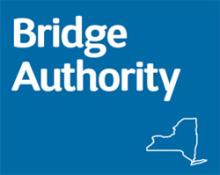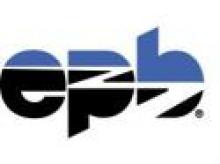Ammon, Idaho Preparing for FTTH Expansion
Officials in the City of Ammon, Idaho, are moving closer to expanding their municipal network to residents with a Fiber-to-the-Home (FTTH) network. The FTTH expansion is the latest phase in their incremental approach in this community of 14,500 people in the southeast corner of Idaho.
Ammon’s Director of IT, Bruce Patterson, told us the history of the network’s development in a 2014 Community Broadband Bits Podcast. After starting the network several years ago with just a single link between two municipal buildings, the network gradually expanded the network to community anchor institutions. They also decided to serve businesses on a case-by-case basis. Since the beginning, the city kept its eye on its goal: to offer fiber access to every home in Ammon.
Ammon's FTTH Expansion Process
Ammon officials are acting prudently to gauge customer demand and wait for the necessary funding mechanisms to fall into place prior to additional construction. As we reported in August 2015, officials are asking residents to submit an online form to express their intent to sign up for service. City officials also held meetings with residents in September and October to explain the proposed expansion plans and give residents a chance to test out the gigabit speed service.
The city plans to extend residential service one large neighborhood at a time, letting customer demand dictate the direction of the expansion. The city will pay for the expansion entirely through service commitments from residents who choose to have a fiber connection extended to their home. This method will allow the city to expand without contributions from non-subscribers.
Patterson told us that the city is currently in the process of getting legal approval to bond on the FTTH expansion phase. He said he is confident the city will soon be approved for the bonding and anticipates that they will be able to put a shovel in the ground by May or June of this year.





